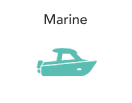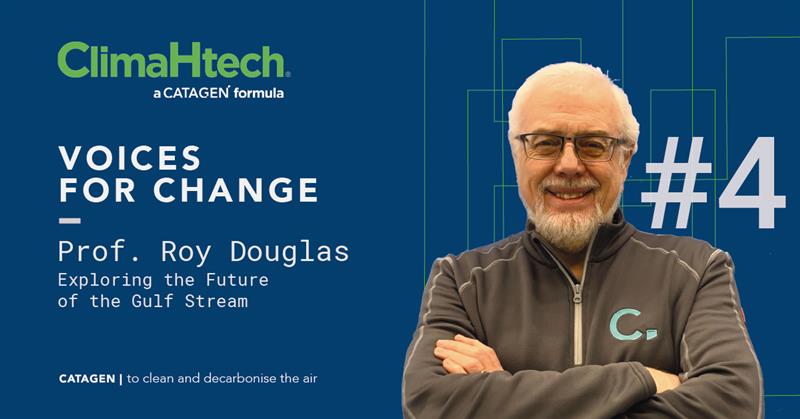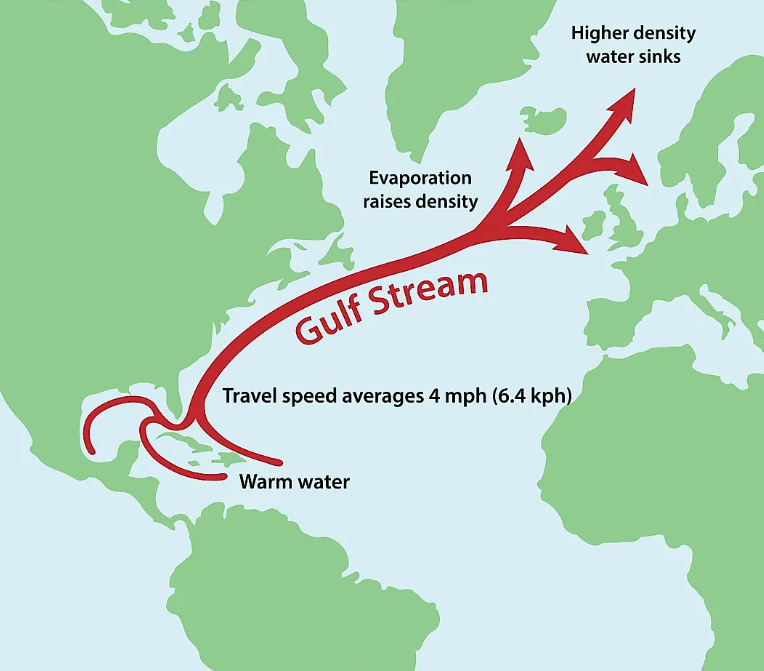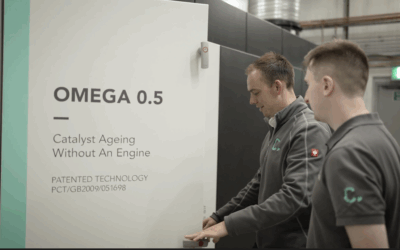Should we be worried about the future of the Gulf Stream?
CATAGEN’s CSO and Co-Founder Roy Douglas provides expert insight into the Gulf Stream’s climate-regulating role in North-West Europe and examines the scientific concerns surrounding its future.
About Prof. Roy Douglas…
Roy Douglas is the Chief Scientific Officer and Co-Founder of CATAGEN and an Emeritus Professor at Queen’s University Belfast. With over 40 years’ experience in engine research and emissions technology, he has spent the last 25 years advancing ultra-low emissions technologies to support net-zero goals, most recently CATAGEN’s ClimaHtech suite of technologies. Roy has published 100+ papers, holds multiple patents, and has mentored over 60 researchers. He has served on the UK Automotive Council Technical Committee and the advisory board of TU Graz’s Virtual Vehicle Research Centre. Since 2021, he has focused full-time on driving CATAGEN’s mission to deliver cutting-edge decarbonisation technologies.
What is the Gulf Stream?
The Gulf Stream is one of the most important factors in determining the climate of North-West Europe and, particularly, in our island nations of the UK and Ireland. The Gulf Stream moves warm seawater northward from the Caribbean and is an integral part of the worldwide ocean stream circulating seawater around the globe with direct connections to other ocean streams in the North Atlantic, South Atlantic and Indian oceans.
WorldAtlas (2021). The Path of the Gulf Stream. Gulf Stream – WorldAtlas
With the superb spring weather in UK & Ireland over the past few weeks, you might be forgiven for thinking that global warming and climate change isn’t all that bad but don’t be fooled by a brief period of good weather. Climate around the world is changing dramatically due to human activity and is driven by carbon emissions from the combustion of fossil fuels.
This is clearly documented by eminent environmental scientists and published by well-respected sources such as Statistica (ref 1), NASA (2) and of course Catagen (3). This is evident from the increase in wildfires and hurricanes (2), rises in sea levels (1) and increasing temperatures in seas, land and the atmosphere (1 & 2). But what does this mean for us in the UK and Ireland: better summers, colder winters or more intense storms?
The Gulf Stream has a huge impact on our weather, giving us the temperate climate that we all appreciate with mild weather all year round: warm (but not too hot) summers and cool (but not intensely cold) winters.
The Impact of the Gulf Stream
The Gulf stream is driven by a North Atlantic ocean “pump” known as AMOC (Atlantic Meridional Overturning Circulation) which draws warm seawater across the Atlantic Ocean from south west to north east. Without this, our climate would be much more extreme with hotter summers and Baltic winters.
The UK and Ireland lies between latitudes of 50º and 60º north and not far from the Arctic Circle at 66.5ºN. Glasgow is at the same latitude as Moscow (56ºN) and Belfast is at the same latitude as Long Island in Hudson Bay, Canada (55ºN).
Winter temperature in Moscow is about 10ºC colder than Glasgow (average overnight in Moscow in January is -10ºC) and about 5ºC hotter in summer. Similarly, Hudson Bay is much colder than Belfast in winter (20ºC colder overnight) and slightly hotter in summer (+6ºC).
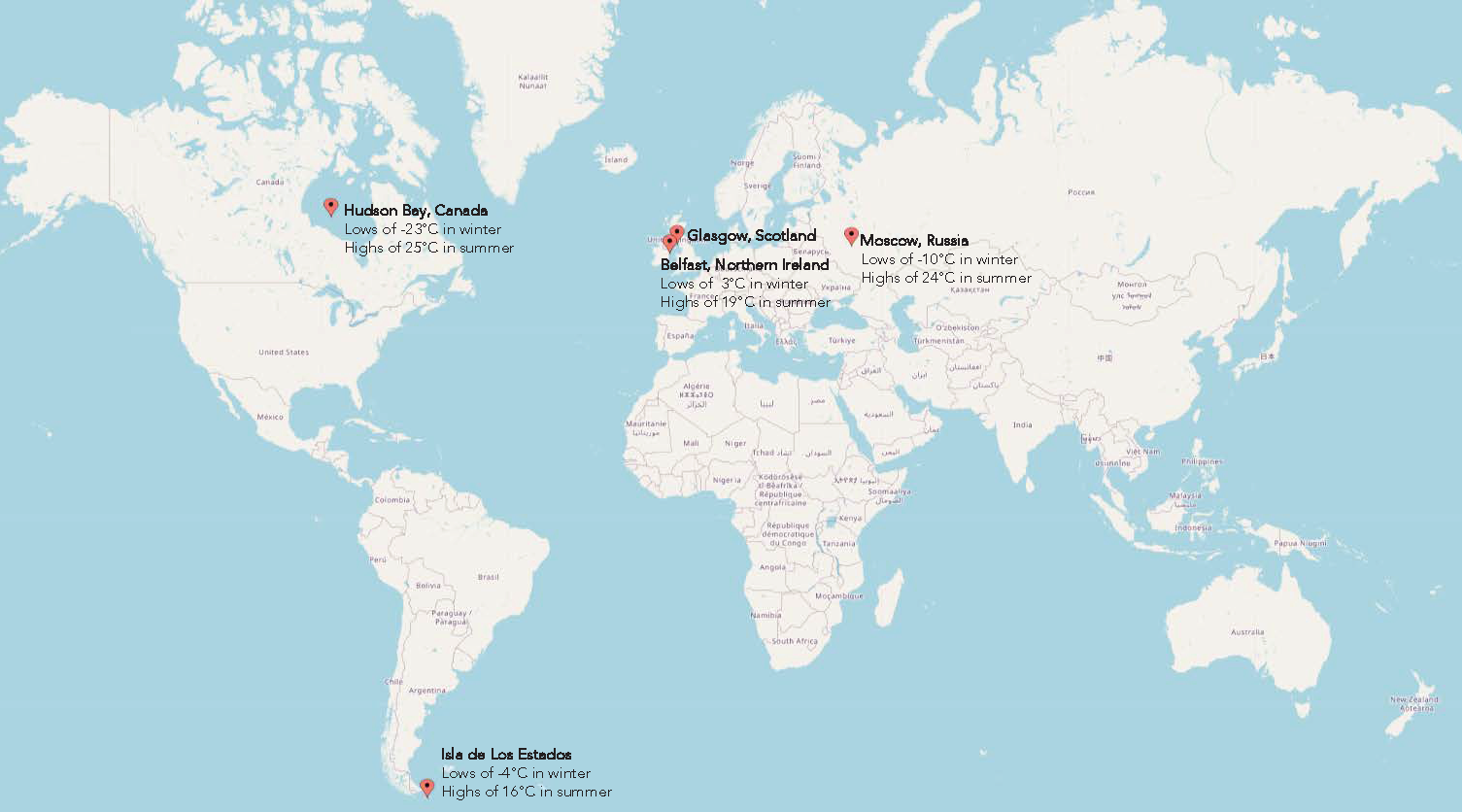
Clearly, both Moscow and Hudson Bay have a continental style climate where the adjacent, large landmass is the influential factor… so is this the main factor?
To assess the impact of the Gulf Stream, we can compare to a similar island at a similar latitude but without the Gulf Stream. Isla de Los Estados (Tierra del Fuego in South America) is a good comparator as this is a similar magnitude of latitude (55ºS) with a weaker cooler ocean stream (Antarctic Circumpolar Current).
Here, temperatures are around 5º colder than Belfast in winter and similar in summer. So there is clear evidence from other countries that the Gulf Stream is responsible for a more temperate climate in the UK & Ireland reducing the average temperature swing from summer to winter by over 10ºC and, in particular, delivering milder more tolerable winter temperatures.
This viewpoint is further supported by scientific studies (8) which show through modelling the likely scenarios with weakening of AMOC. This work demonstrates that, if AMOC collapses, winters will get much colder and wetter but little impact on summer weather temperatures.
Will the AMOC Collapse, and When?
Evidence points to the very positive influence of the Gulf Stream and more extreme weather should the Gulf Stream stop but is this likely and, if so when? As the Gulf Stream is driven by AMOC, the question becomes: what is the likelihood and timescale of weakening of the AMOC?
Scientists agree that the strength of AMOC is dependent on sea temperatures in the North Atlantic south of Greenland but there is still great uncertainty around the links between environmental factors and AMOC. Data shows (7) that AMOC has been weakening over the past 150 years and that this does coincide with global warming but that this weakening is low and within the range of variability (4). Other scientists (5) have shown, albeit by modelling, that AMOC is resistant to weakening and is unlikely to collapse this century due to the associated strength of Southern Ocean upwelling. Some modelling (6) also indicates a recovery after initial weakening over the longer term with no sign of collapse. Overall, environmental research has shown some weakening of AMOC and possibly some further weakening predicted but that there is no imminent indications of collapse over the next 100 years.
So, in summary, the Gulf Stream is a vital contributor to our temperate climate in the UK and Ireland and that collapse of the driving factor, AMOC, would give severe changes to our climate.
The good news is that, while possible, this is unlikely in the foreseeable future. However, we should not be complacent as there is a high degree of uncertainty around this with considerable variability between model predictions. As with all things environmental, it is prudent not to risk AMOC collapse as, once gone, the Gulf Stream may never return.
Climate change is real and the impact of climate change is uncertain so we should all strive to maintain our wonderful world and leave a heritage of sustainability and environmental security for our children and grandchildren.
The climate system is complex and interconnected. A small shift in one area, such as ocean circulation, can trigger a chain of changes elsewhere, leading to broader, long-term consequences. Even if the likelihood of a collapse is low, the potential impact is high, and the uncertainty means we must act with caution. We cannot afford to assume resilience where fragility may exist.
That’s why CATAGEN’s ClimaHtech technologies are focused on decarbonisation—cutting emissions at source and across hard-to-abate sectors. Reducing greenhouse gases helps limit global warming, which in turn reduces the risk of AMOC weakening and the associated disruption to climate systems.
ClimaHtech is an acceleration system towards decarbonisation using advanced climate technologies. It is a platform to generate biohydrogen and e-fuels with complementary systems for hydrogen compression.
By targeting, carbon emissions, the root causes of climate change, CATAGEN is helping to protect the very systems that make our environment liveable.
Follow us on LinkedIn to keep up to date with the insights and expertise that our team members, like Prof. Roy Douglas, are sharing every day.
About CATAGEN Voices for Change…
“Voices for Change” is a blog series authored by members of CATAGEN’s team, offering a unique glimpse into the people behind the innovation here. It provides a platform for them to share their insights and experiences on the climate crisis, sustainability, and climate activism. Each post introduces a fresh perspective, enriching the conversation around meaningful climate action and decarbonisation.
References
- https://www.statista.com/topics/1148/global-climate-change/#topicOverview
- https://science.nasa.gov/climate-change/
- https://catagen.com/2025/05/02/voices-for-change-3-the-case-for-counting-carbon-by-joshua-yip/
- Latif , J. Sun , M. Visbeck & M. H. Bordbar . “Natural variability has dominated Atlantic Meridional Overturning Circulation since 1900”. Open Article, Nature Climate Change. https://doi.org/10.1038/s41558-022-01342-4. Apr 2022.
- A. Baker, M. J. Bell, L. C. Jackson, G. K. Vallis, A. J. Watson & R. A. Wood. “Continued Atlantic overturning circulation even under climate extremes”. Open access article. https://doi.org/10.1038/s41586-024-08544-0. Feb 2025.
- Nobre, S. F. Veiga, E. Giarolla , et al. “AMOC decline and recovery in a warmer climate”. Open access scientific report. https://doi.org/10.1038/s41598-023-43143-5. 2023.
- Dima, D. R. Nichita, G. Lohmann, M. Ionita & M. Voiculescu. “Early-onset of Atlantic Meridional Overturning Circulation weakening in response to atmospheric CO2 concentration”. Climate and Atmospheric Science Open Access Journal. https://doi.org/10.1038/s41612-021-00182-x. Apr 2021.
- M. van Westen & M.L.J. Baatsen. “European Temperature Extremes Under Different AMOC Scenarios in the Community Earth System Model ”. Advancing Earth and Space Sciences Open Access Journal. https://doi.org/10.1029/2025GL114611. Jun 2025.
CATAGEN Launches World First DAAAC Electric Reactor Using OMEGA Technology
Belfast, (Nov 25) – CATAGEN, Green Emissions Testing proudly announces the extension of its...
From Austria to Belfast: An Intern’s Journey Inside CATAGEN’s Engineering Team
At CATAGEN, we’re committed not only to developing technologies that help clean and decarbonise...
EICMA 2025 Reflections: Building a Cleaner, Collaborative Future for Euro 5+ Compliance
After returning from EICMA 2025 in Milan, Amanda Martin, CATAGEN's Green Emissions Testing (G.E.T)...
CATAGEN named as a 2025 WIRED Trailblazer
CATAGEN is proud of be listed as a 2025 WIRED Trailblazer by WIRED Consulting and HSBC UK, its...
LeoVince selects CATAGEN as preferred catalyst ageing supplier.
LeoVince selects CATAGEN as preferred catalyst ageing supplier CATAGEN Green Emissions Testing...
CATAGEN Expands Green Emissions Testing Services into North America Following Breakthrough Year and Success at Automotive Testing Expo
Belfast, Northern Ireland – October 2025:CATAGEN Green Emissions Testing (G.E.T.), a global leader...








